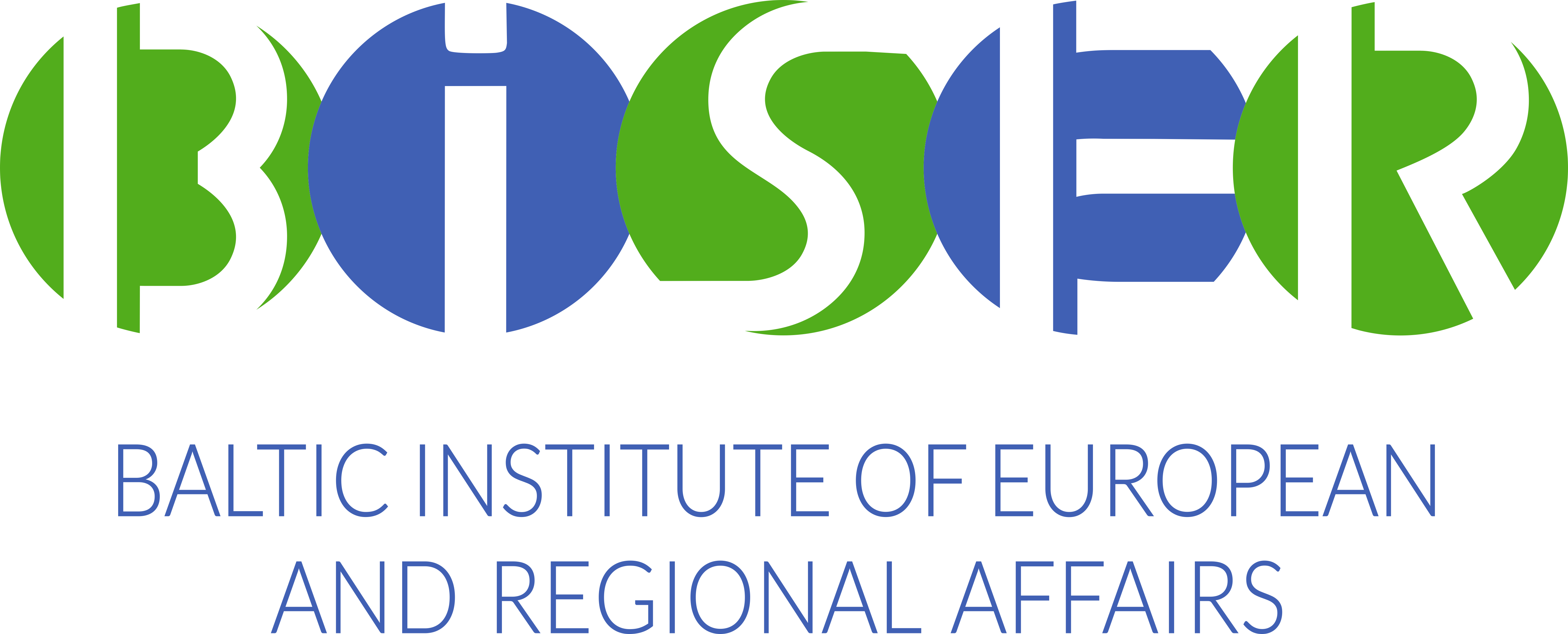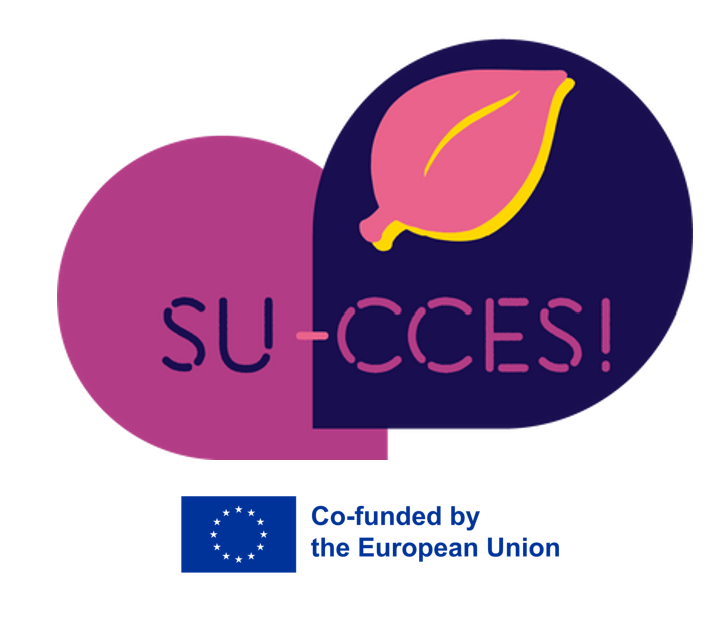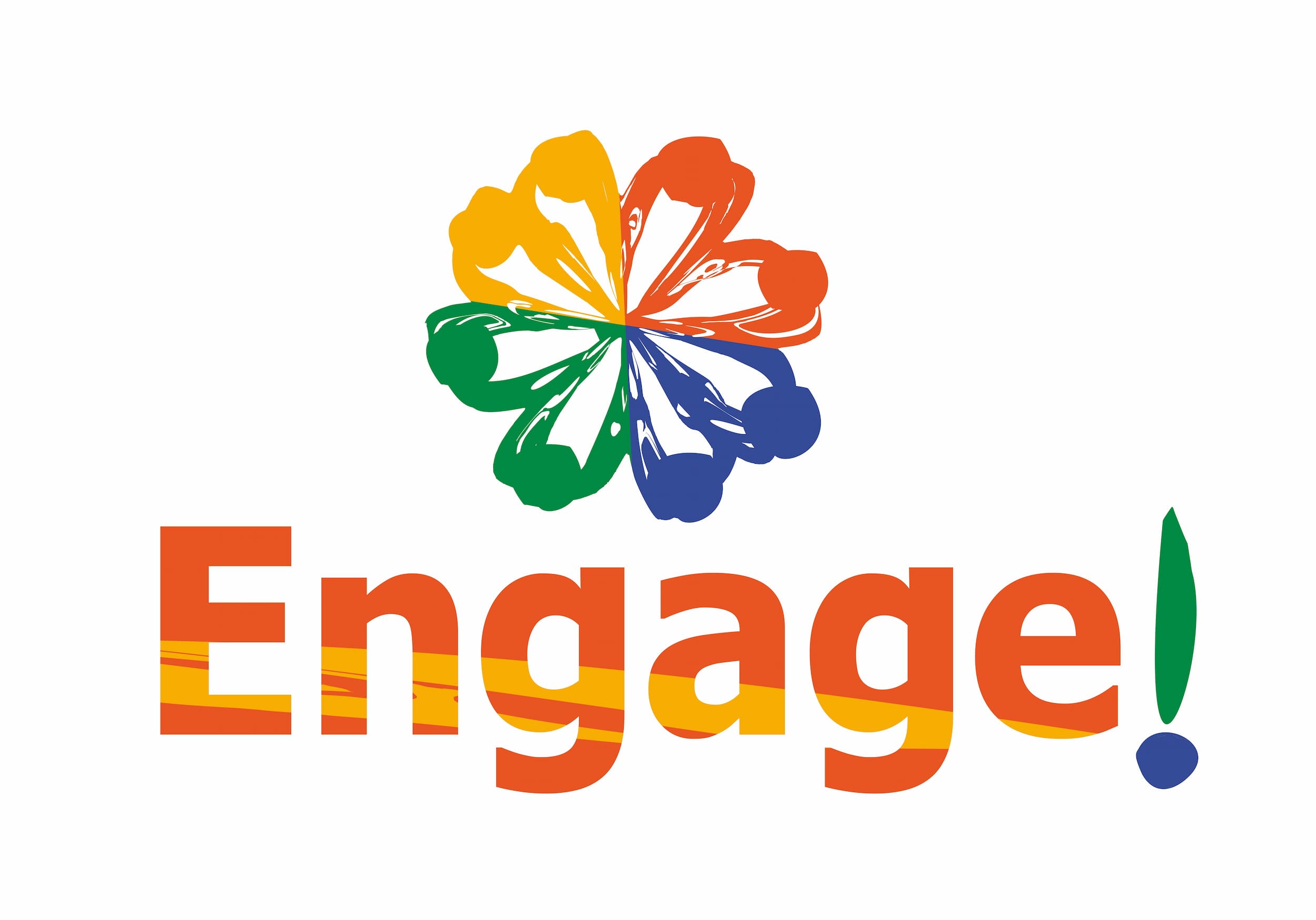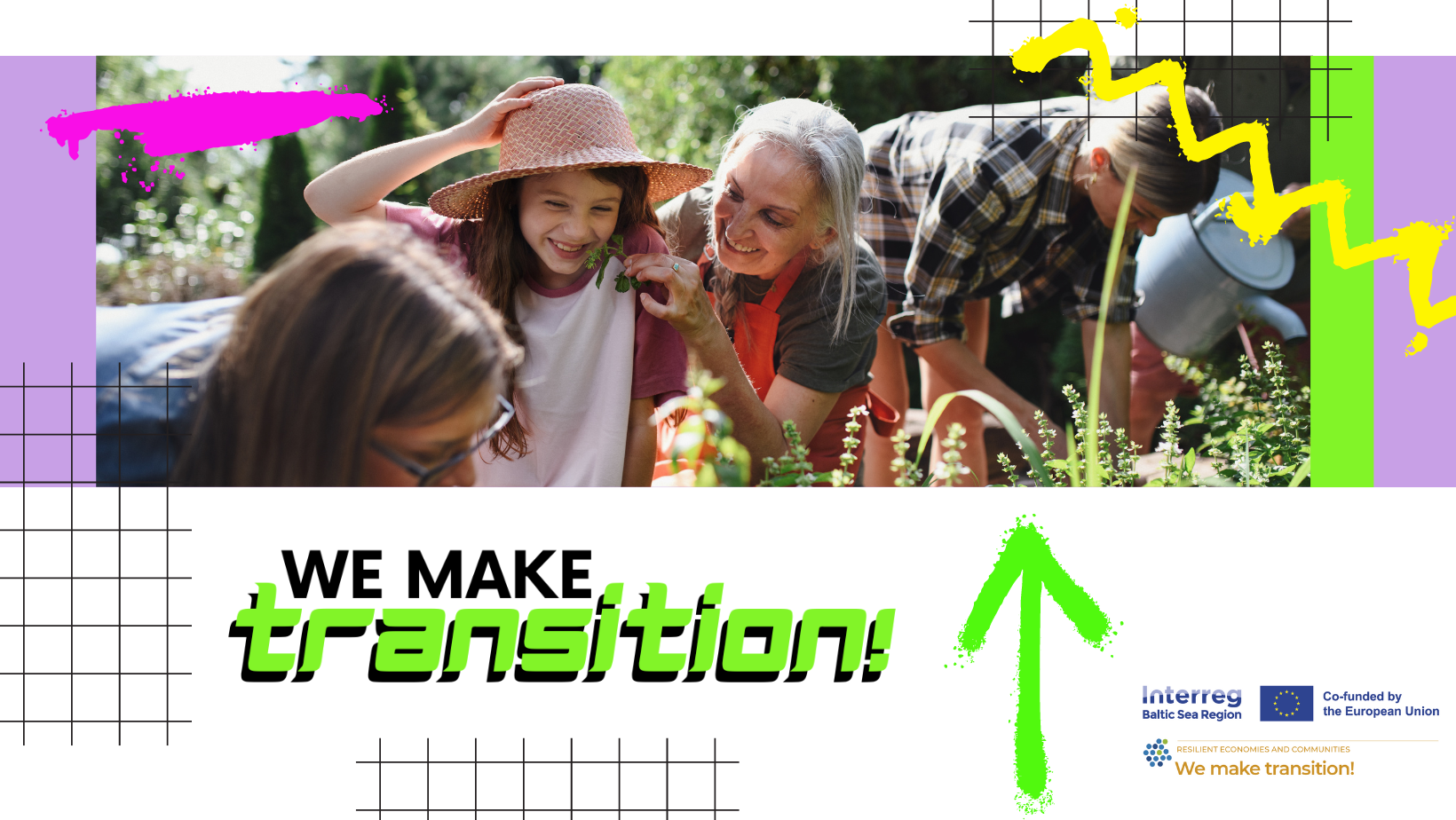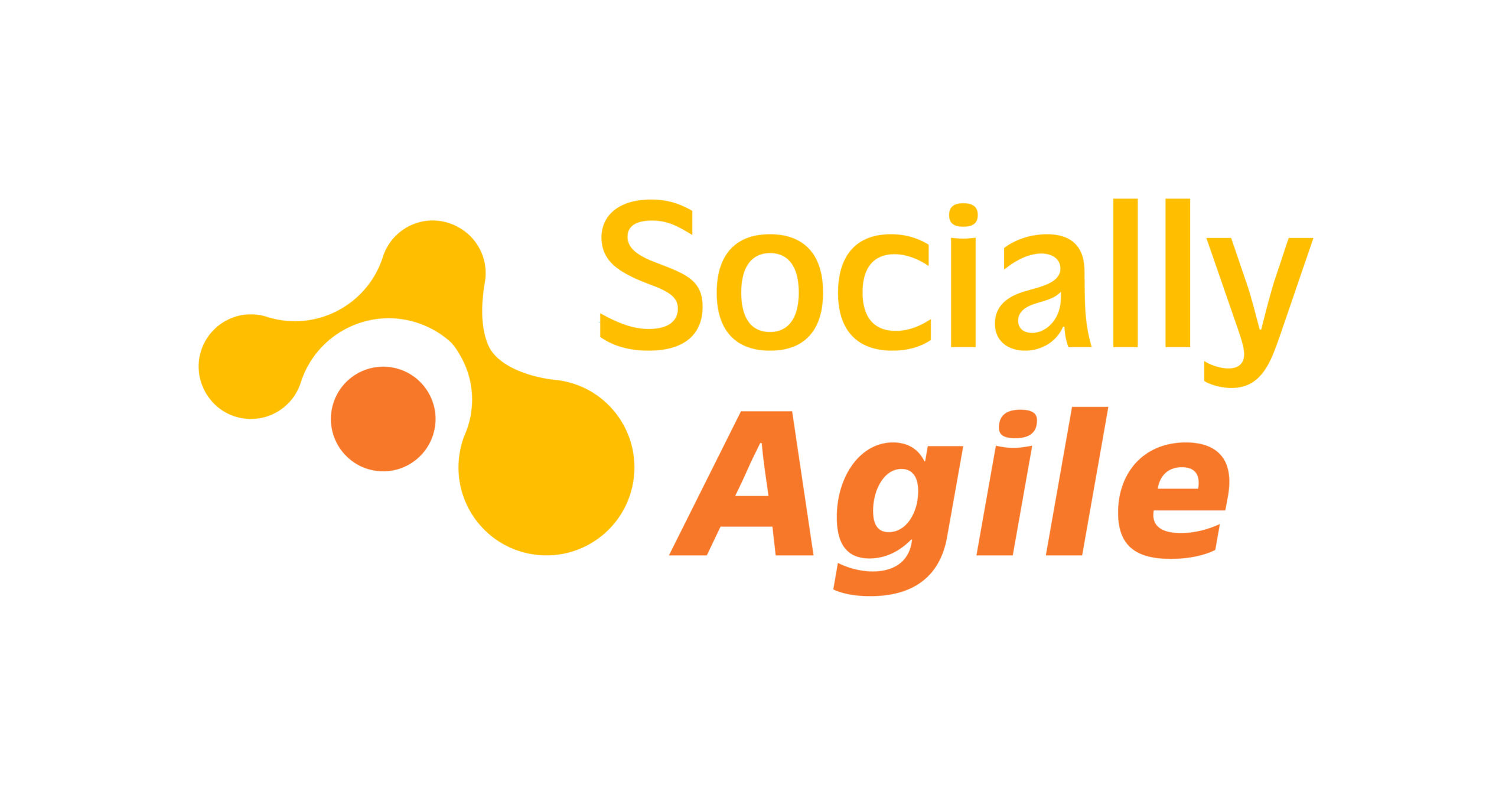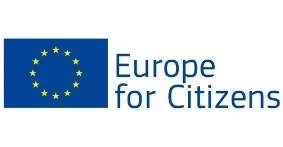In August 2023, the City Hall of Gdynia organised a focus group discussion as part of We make transition! -project. Among 9 participants were decision-makers, activists, NGO and youth representatives and business owners. The group talked about what green spaces of participation are, why they play such an important role, and what is expected from the city in that area.
During the meeting, participants discussed the topic of green areas of participation, such as community and pocket gardens, as well as general “green design” within the city, e.g. flowerbeds and green belts. The most known are the first ones, as they were often created as a part of the City’s Climate Civic Budget project. They’re scattered throughout the city, being a place where people can meet and spend time among greenery, having time to catch a breath and slow down, as well as profit from it, planting edible plants and harvesting them during the season.
The need to enlarge green areas within the city in a sustainable, thought-through way was also an important point of the discussion – it was brought up that some of the projects should be environmentally friendly, enriching the biodiversity, not only plant-wise but minding the pollinators, birds and other organisms.
Participants highlighted the need to be involved in the design process and carrying it out, together with getting feedback on how the project went. Another emphasized issue was the need for more continuity, that projects often are one-time, while people wish it to be a permanent creation. In addition to that, the complexity that often comes with bureaucracy regarding any city-wise projects was brought up – citizens are intimidated by going to the City Hall and having to deal with all the documents and procedures.
It was pointed out that there aren’t many organizations and institutions, apart from the City Hall, that are known to be based in Gdynia that do anything noticeable for the environment. Only a few were named, which shows the need to activate the society, both through education and by letting people take the initiative.
“We need more opportunities to take action; we need the City to tell us, citizens: here’s a place where you can do something; it’s yours.”
As possible solutions, organizing more social discussions with decision-makers was suggested, but also making the city application more known among the citizens, creating or adding a platform for exchanging knowledge and ideas on creating green spaces of participation to it. Participants strongly emphasized the importance of education on all levels, starting with kindergartens, through all schools, and finishing with City Hall officers and decision-makers. The main advice was also to encourage as many people to participate as possible from different groups and make sure those people know they play an essential role in the whole process.
